Lawrence Wong highlights need for political renewal amid global uncertainty and multipolar transition
Prime Minister Lawrence Wong says political renewal was the most painful decision since taking office, as Singapore adapts to global instability and realigns with a shifting multipolar world order.
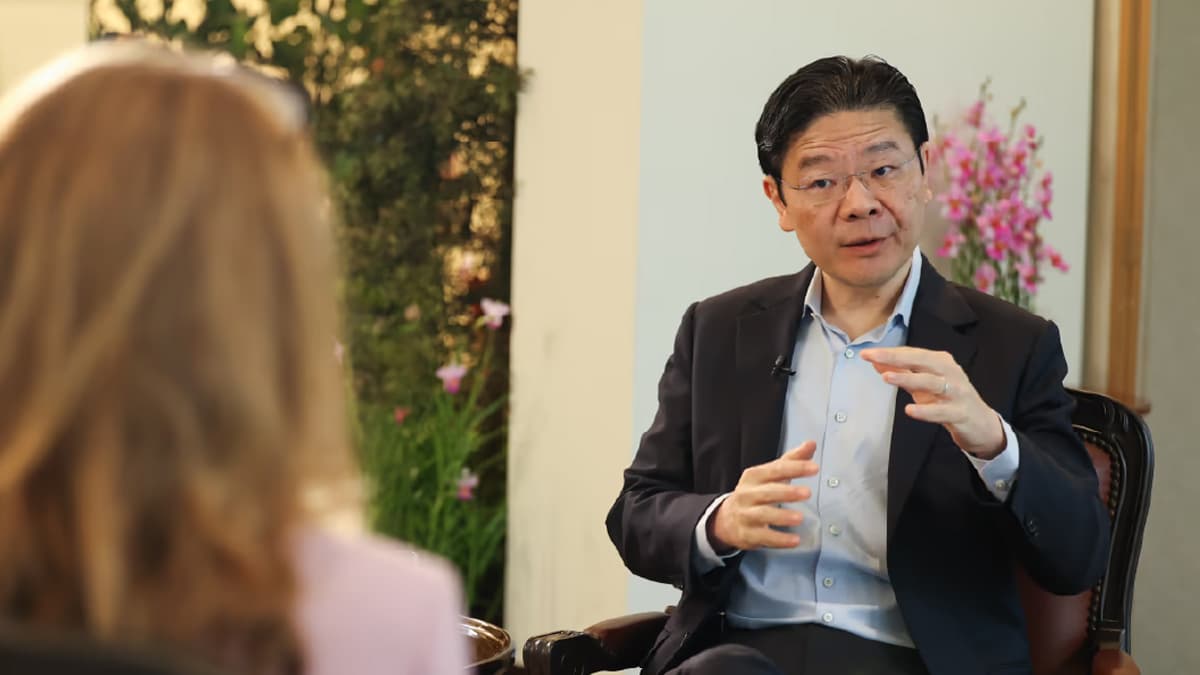
- PM Lawrence Wong said dropping experienced PAP members ahead of GE2025 was politically necessary but personally difficult.
- He warned that Singapore is facing a messy shift to a multipolar world, requiring proactive global engagement.
- The PAP under Wong won the 2025 general election, securing 87 of 97 seats amid rising geopolitical instability and economic anxiety.
Prime Minister Lawrence Wong has described political renewal within the ruling People’s Action Party (PAP) as the hardest part of his leadership to date, saying the decision to drop long-serving colleagues ahead of the 2025 general election was “very painful” but necessary.
Wong made the remarks during an interview with Financial Times Editor Roula Khalaf, conducted on 21 October 2025 and published by the Prime Minister’s Office on 23 October.
He explained that as party leader, he had to look hard at who would remain on the team and who would step aside. “I’m not just Prime Minister, I’m leading a party. I had to go into elections, and think about which members of my team I have to drop because I want renewal,” he said. “That was very painful… but if I do less of the renewal, I will pay the price for it five, ten, twenty years from now.”
This renewal was a defining feature of the PAP’s campaign in the 2025 general election, where the party secured its 14th consecutive victory, winning 87 of 97 seats in Parliament. Wong, who took over from Lee Hsien Loong in December 2024, led the party to an improved popular vote share of over 65 percent, up from 61 percent in 2020.
While the cost of living remained a key voter concern, analysts pointed to broader geopolitical developments as a major factor behind the PAP’s performance.
Lowy Institute research fellow Rahman Yaacob noted that “Singaporeans, by and large, prefer to place their bets on a safer pair of hands,” and that “the Trump tariffs changed the narrative.”
Electoral boundaries had been redrawn before the election, officially due to population shifts. However, significant changes in opposition-leaning areas led to allegations of gerrymandering by some critics.
Responding to a world in flux
Wong described the international landscape as undergoing a fundamental transformation. “We are certainly in the midst of a great transition to a multipolar world – a post-American order,” he said, warning that the transition would be “messy and unpredictable.”
He noted that the United States was stepping back from its traditional role as global guarantor, but no other power had stepped forward to fill the gap. “The old rules do not apply anymore, but the new ones have not been written,” he added.
In response, Wong said Singapore must act decisively and cannot wait for the global system to stabilise. “We have to take actions now – plan now and start taking actions to invest together in tackling the problems of the global commons, or in building new trade connections and keeping up the momentum of trade liberalisation.”
Tariffs and trade tensions
Singapore, a highly trade-dependent economy, was not spared from the Trump administration’s protectionist measures. The US imposed a 10 percent tariff on Singaporean goods, though its impact was uneven across sectors and neighbouring countries.
While Singapore escaped the most punitive measures due to a lack of trade deficits with the US, the region as a whole saw increased pressure. “The actions of the tariffs have certainly impacted America's standing in Southeast Asia, there is no doubt,” Wong said.
Despite this, he stressed that the US remains the region’s largest investor and continues to play a vital role in Asia’s stability. He noted that while China is the largest trading partner, “as far as FDI flows are concerned, America remains the largest investor.”
American pharmaceutical companies operating in Singapore have, in some cases, secured exemptions from tariffs due to their reinvestments in the US, highlighting a growing trend of bilateral corporate diplomacy.
Safeguarding Singapore’s trade hub status
Wong said Singapore has largely maintained its status as a logistics and re-export hub, even as global trade flows are being reconfigured. “So long as they are continuing, especially in Asia, Singapore can remain a relevant node,” he said.
He addressed US concerns about advanced semiconductors being re-exported from Singapore to China. Wong was firm in affirming Singapore’s compliance with export controls, stating: “We will not condone businesses or individuals taking advantage of their association with Singapore to circumvent the export controls of other countries.”
He emphasised that Singapore’s commitment to the rule of law underpins its economic reputation and that robust arrangements are in place for the US government to investigate companies of interest operating in Singapore. Similar cooperation, he said, would be extended to other countries seeking to enforce their own controls.
Multilateralism under strain
Wong expressed deep concern over the paralysis of global institutions, particularly the World Trade Organization (WTO). “The consensus decision-making process, which is a treasured principle, has become a recipe for paralysis,” he said.
He called for reforming these platforms while also building new ones. One such initiative is the Future of Investment and Trade (FIT) Partnership, which Singapore is developing alongside the United Arab Emirates and other like-minded economies.
These economies are largely tariff-free with each other, but the partnership aims to go beyond tariffs — harmonising regulations, enabling digital trade, and standardising customs processes. “If we can have new initiatives like that, in time to come we might be able to multilateralise them,” Wong said.
Europe as a strategic partner
Wong also emphasised growing opportunities for Singapore in Europe. He said Singapore already enjoys strong ties with the European Union, but future arrangements could include broader regional linkages.
Discussions are ongoing to establish more formal partnerships between the EU and the CPTPP bloc, as well as between the EU and ASEAN. “If we can get EU and ASEAN together on an FTA discussion, that will be another one-third of global trade,” Wong said.
Such moves, he added, are essential to “keep the arteries of trade open” at a time when many economies are becoming more inward-looking.
Managing US-China rivalry
On US-China relations, Wong was direct: “It is the most consequential relationship in the world, and it is also the most dangerous fault line in international relations.”
He observed that both countries are attempting to insulate themselves from each other, using economic choke points as leverage. However, these actions often lead to retaliation. “When one economy squeezes, the other squeezes back right away,” he said.
This dynamic, he warned, risks pushing the two into “mutually assured destruction.”
Yet Wong believes a complete decoupling would be devastating not just for the US and China, but for the entire global economy. “Even some form of a guardrail to manage the economic relationship in trade is better than nothing,” he added.
While Wong has not yet met Donald Trump in person, he confirmed he had a phone call with the former US President in late 2024, describing it as a “good” conversation.
China’s rise and global realignment
Wong acknowledged that China’s growing strength is unsettling for many, but said the world must recognise that China will not converge with Western models. “It will find its own path to modernity,” he said.
Although its per capita GDP is still far behind the US, China is already a technological leader in fields such as advanced manufacturing and renewable energy. Wong noted that China has started to accept greater responsibility in global governance, citing its decision to give up special treatment in the WTO.
Still, he said, China is not yet ready to replace the US as a global leader. “There is no new global leader yet emerging, and we are in this very messy period of transition.”
A generational challenge at home
Wong drew a link between global instability and domestic anxieties, particularly among youth. He said Singapore, like other countries, is seeing signs of growing uncertainty among younger generations.
Referencing phenomena like “lying flat” in China, Japan’s “Hikikomori”, and the “Great Resignation” in the West, Wong said young people in Singapore are feeling the weight of a less predictable world.
“Our focus must be to find ways to give assurance to our young… to give them that confidence that they can chart a better future for themselves.”

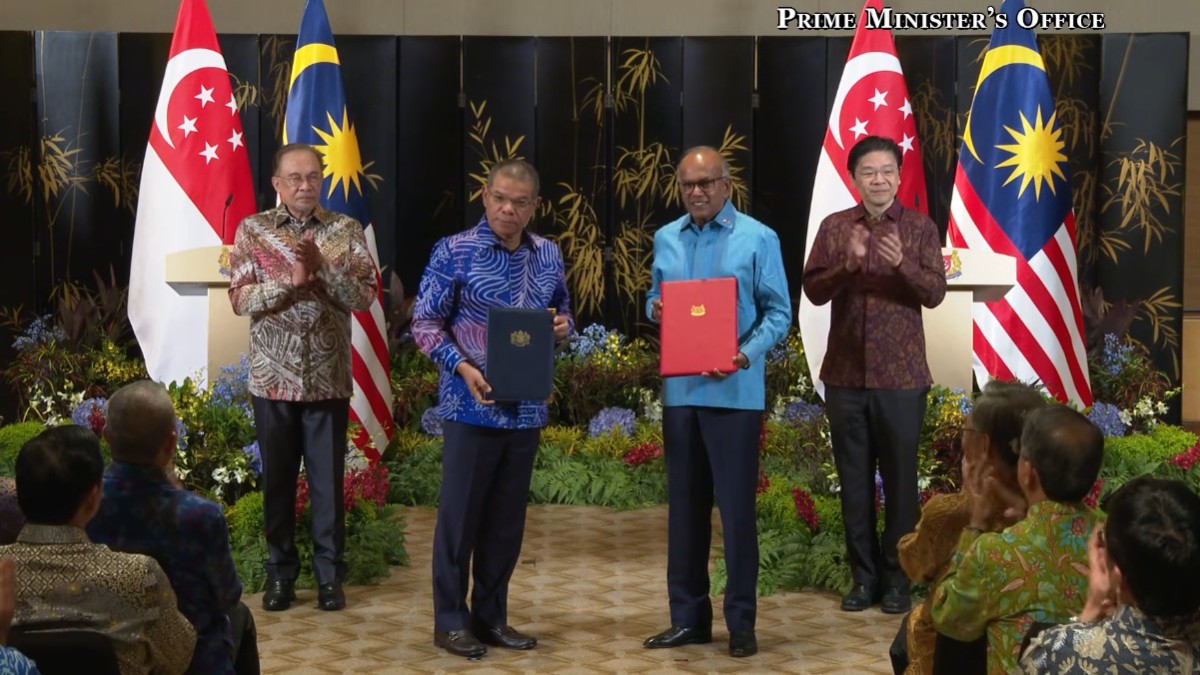
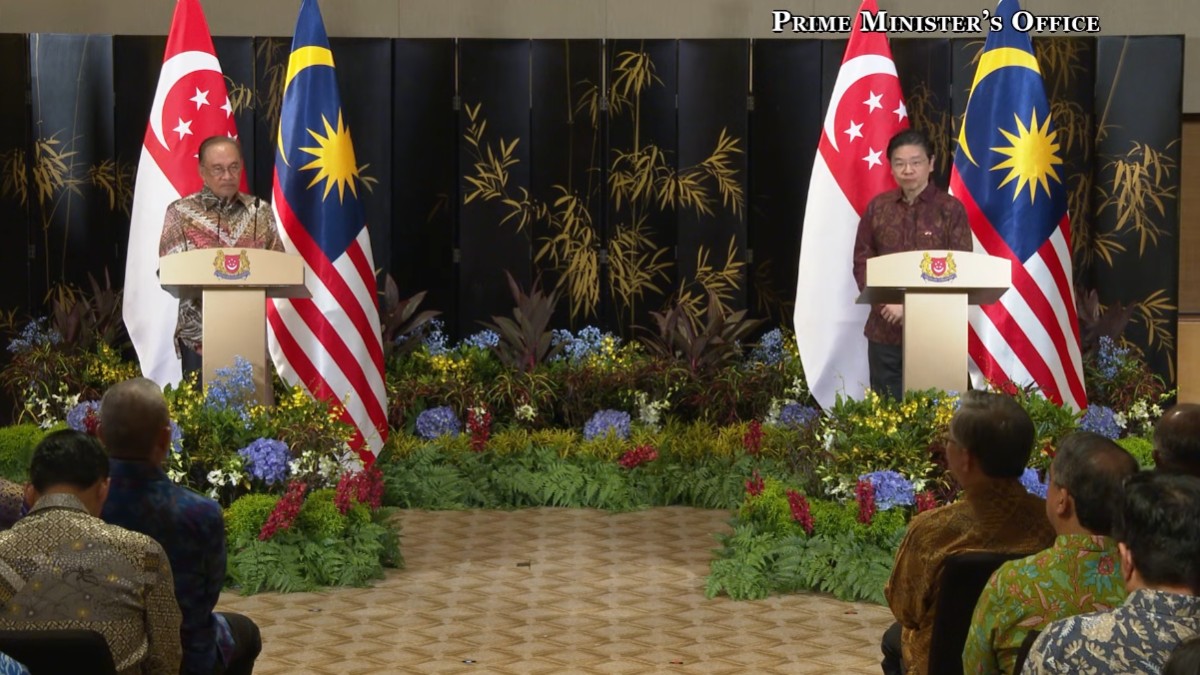
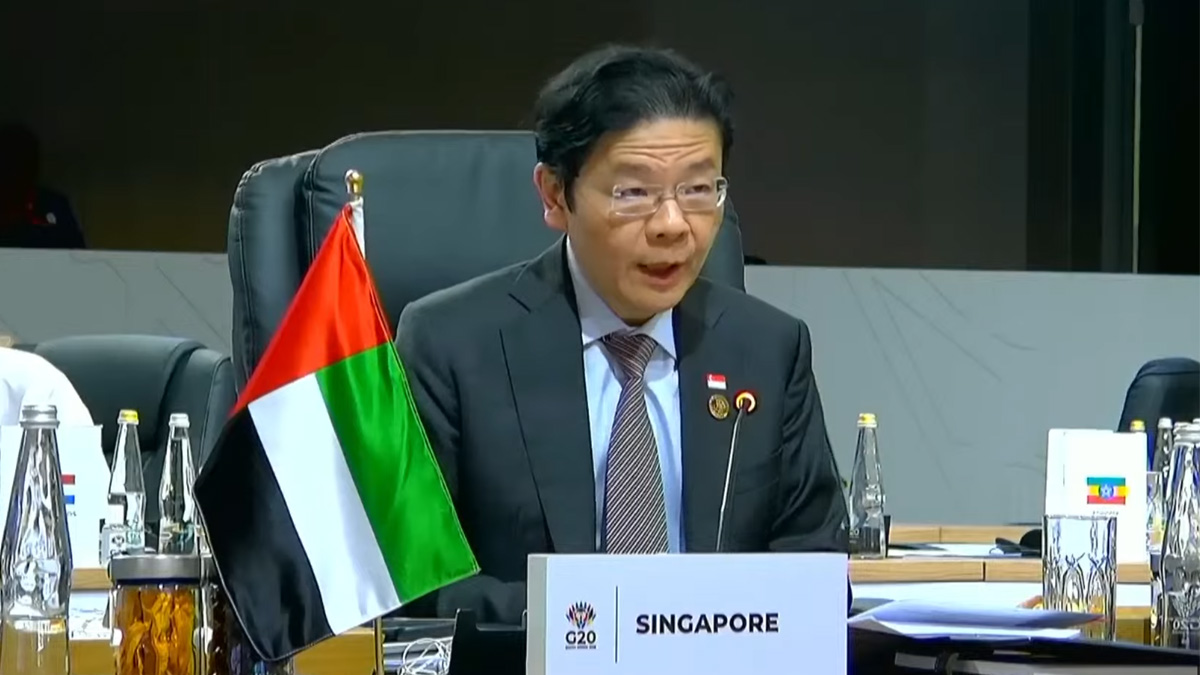
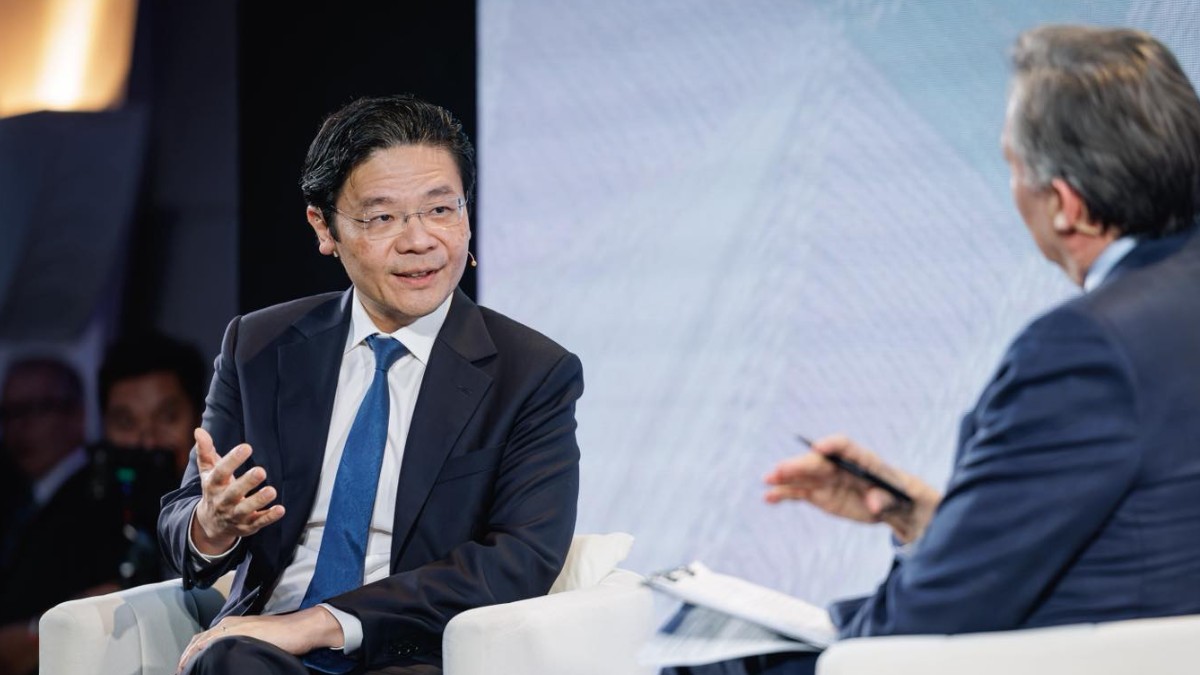

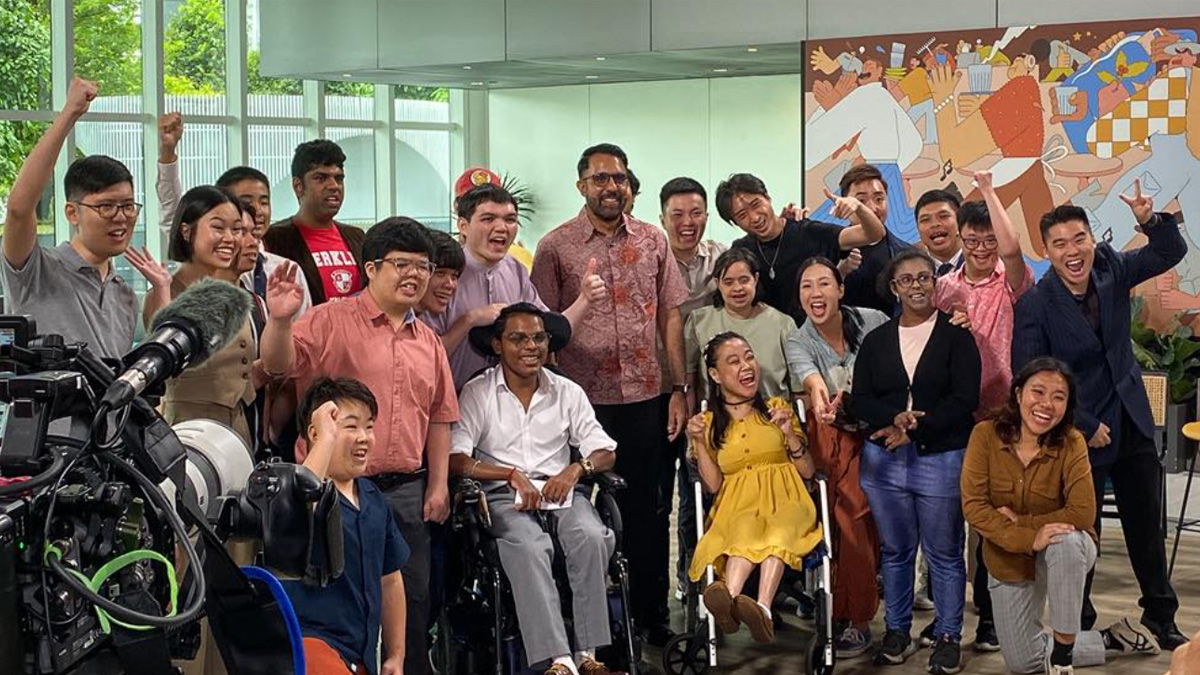
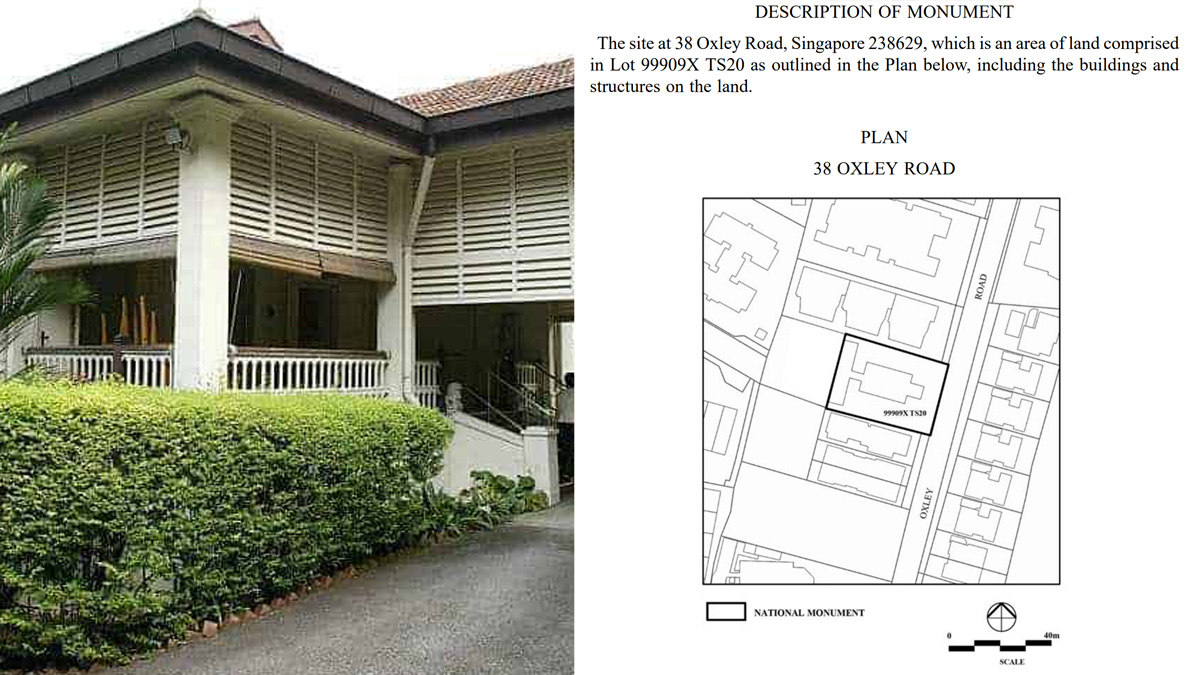
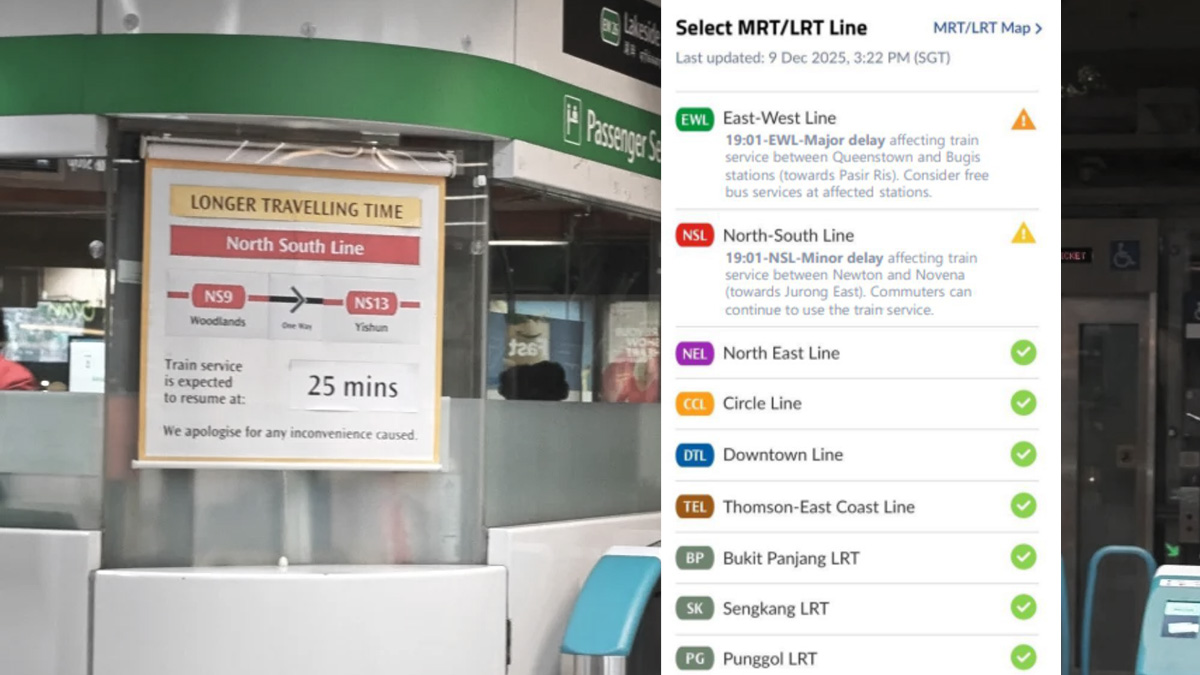
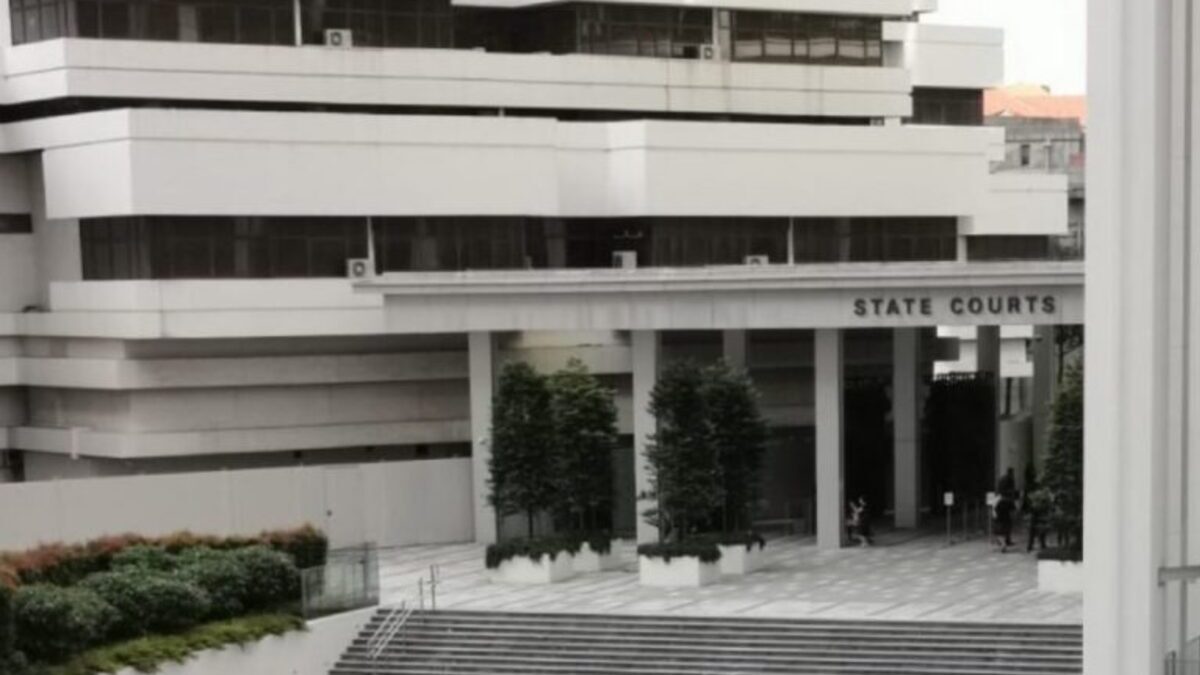
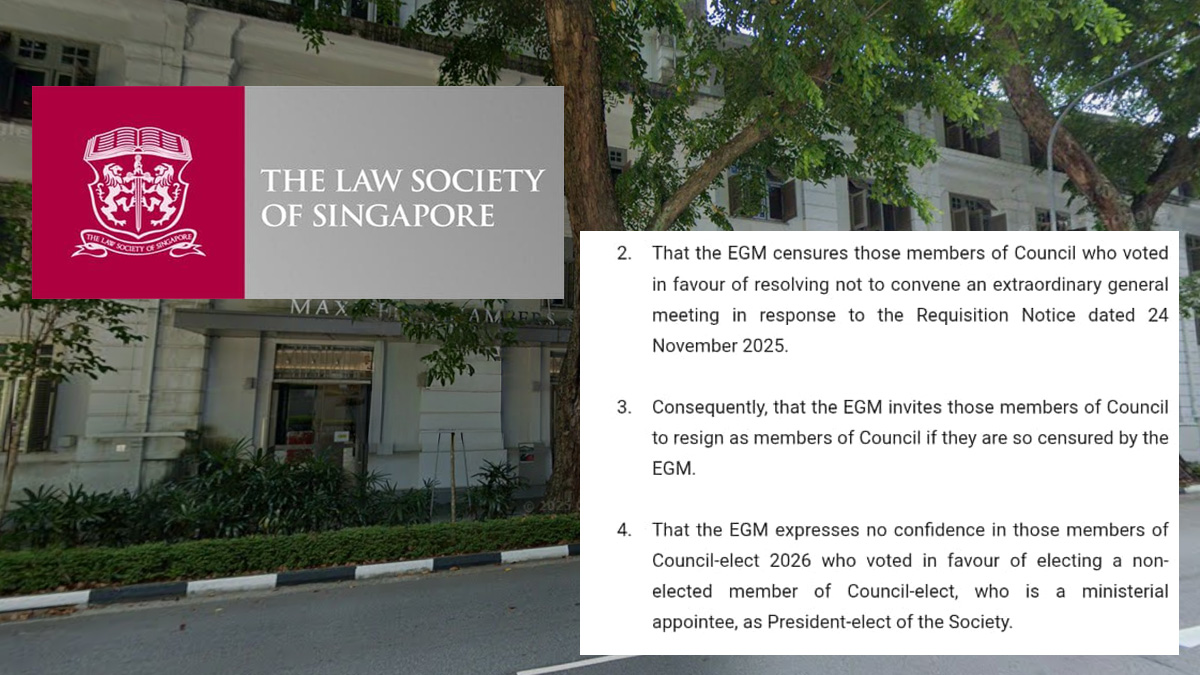

0 Comments